To say patriarchy, or anthropocentrism, or exploitation, would all be correct. But is there something antecedent, something lurking upstream, that precedes these words? Perhaps it is simply the failure to take a base condition like human rights and democracy seriously, seriously enough to let it dictate our fundamental social relations, or the power structures that flow from how we are created or more specifically, pro-created.
If we took human rights and democracy in any particular nation seriously, we would start all laws, policies, and practices with one rule: We would first treat the capacity for each person’s political self-determination as directly inverse to the creation and emancipation of each child in that nation, relative to a neutral baseline such as the nonhuman world. And that would have meant that we would have been investing a lot more into family planning and child development, what the Children’s Rights Convention requires at a bare minimum.
One reason we don’t do this is that most nations live under an international consensus (called the Cairo Consensus) controlled by wealthy white people who decades ago chose to privilege their children over poor kids. Under its guidance we wrongly treat the act of having children as more self-determining for the parents rather than other-determining for the children born.
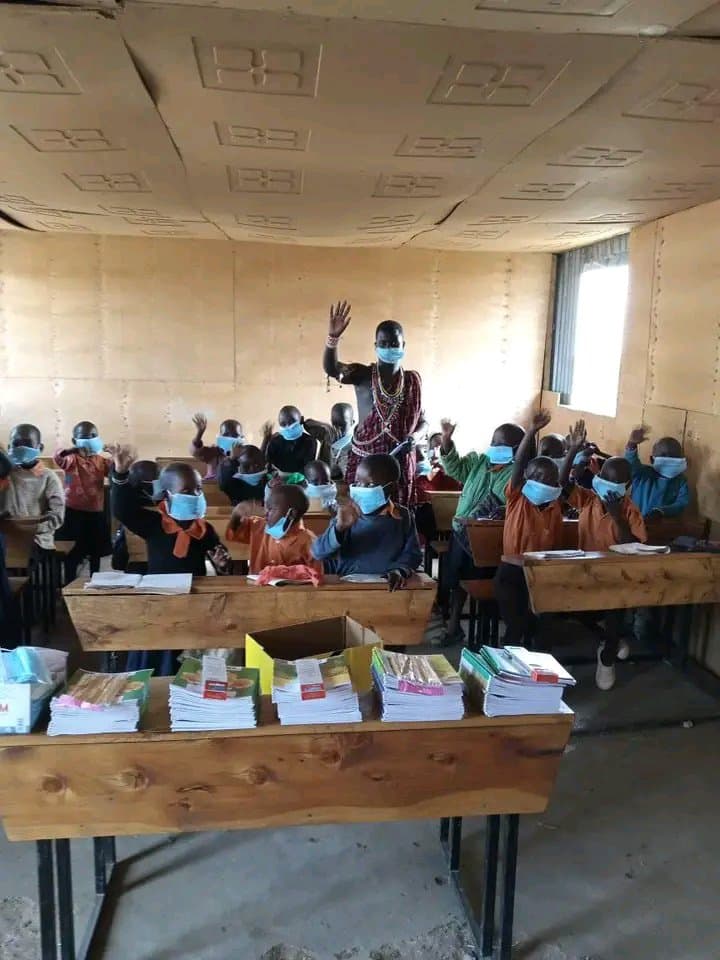
If we imagine a town hall where you were empowered to influence the rules you would have to live, each person would have less time to speak and influence the outcome as more people are added. If we believed in freedom, consensual governance and political self-determination, we would aim – through family reforms – for optimally ranged populations of people who would be relatively self-determining per the formula above. In practice polities/legalities like nation states would use the inversion to know when to divide off into a new entity. While fluid division is unusual in geopolitical affairs, it is actually quite common if we think about other forms of social organization that share power with nation states, like corporations and social movements. And we would start all laws, policies, and practices with such a requirement because who we should be precedes what we should do, and the former is best accounted for by the norms that create us.
As a practical matter this inversion, and optimal world population ranges, could have been achieved in the 20th Century with progressive scaled family planning obligations/entitlements meant to ensure ecocentrism and equal opportunities in life.
But that would have only happened if we wish for people to be actually empowered.
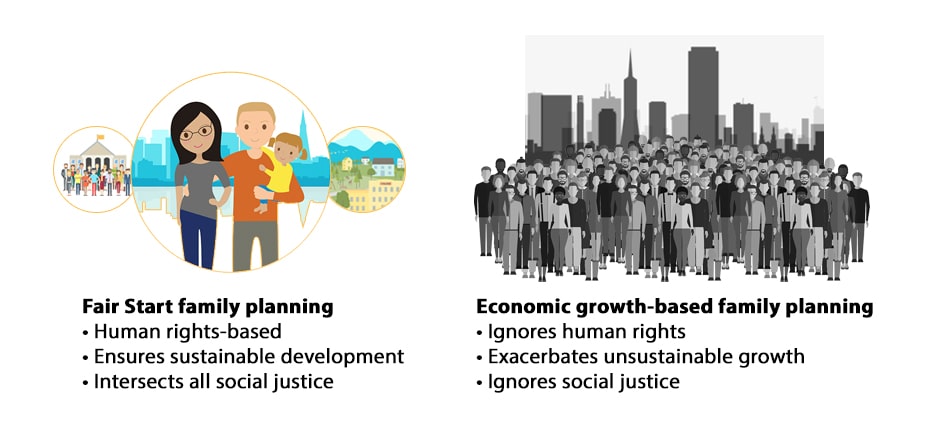
If people are empowered equally and thus matter politically – the hallmark of human rights and democracy – this direct inversion relative to a neutral position that makes the concept of self-determination coherent, is inevitable. We would offset each other, politically, and a first order of business before we do anything as a legitimate and inclusive group. Our creation would limit and decentralize the power others have over us. Representative government does not change this, given that we would have to be empowered – to have meaningful time at the podium – to participate in the election of representatives. And while many would argue that massive population growth enabled markets that produced true value – like mass advertising – these arguments miss the point: That to know what’s a benefit and what’s a cost first requires being a group of people capable of assessing such things. Democracy precedes and regulates economy. But because of the Ponzi scheme Chu notes above, these decisions were made for us, not by us.
If we think that creating lots of people results in innovation, like modern medicine, we should instead realize that actually educating and developing the children who are here now – through things like a college education – does so much more effectively. We will make that investment when we see past the myths: That rich children were just fortunate to be privileged, that some children are just “gifted,” that white children deserve their massive head start in life, etc. If we invest in people, right from the start, rather than exploiting them, we will start to see the things we value align.
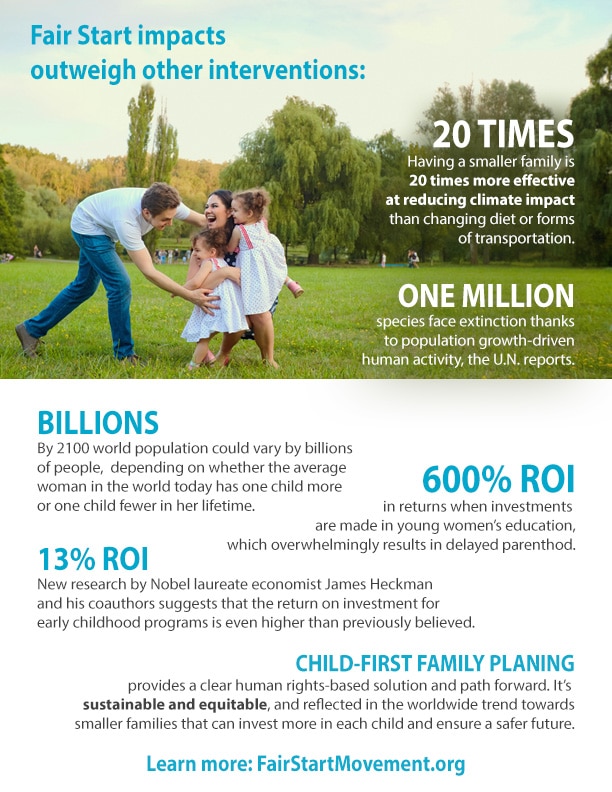
We will ignore this inversion if we are just faking human rights and democracy, because people won’t really need to matter politically. And if you Google the term “baby bust” you will see that most media in the United States (like the New York Times) do not engage in the inversion. Instead, they choose what Nobel Laureate Steve Chu called a Ponzi fraud scheme. The policies they promote seek to pump more people into the system to create profits for a few at the top. They do not account for justice in the actual creation of power relations, or the need to invest in children, but instead choose to exploit children – and their impoverished birth position – as cheap labor and drivers of consumption/demand. They chose policies that created people for shopping malls, not town halls. And that move fundamentally created the climate crisis.
But do we really have to respect rules, like the property “rights” of people like Elon Musk, if we played no meaningful role – and could play no such role – in creating such rules? People who value freedom – and the value of relative self-determination – will not.
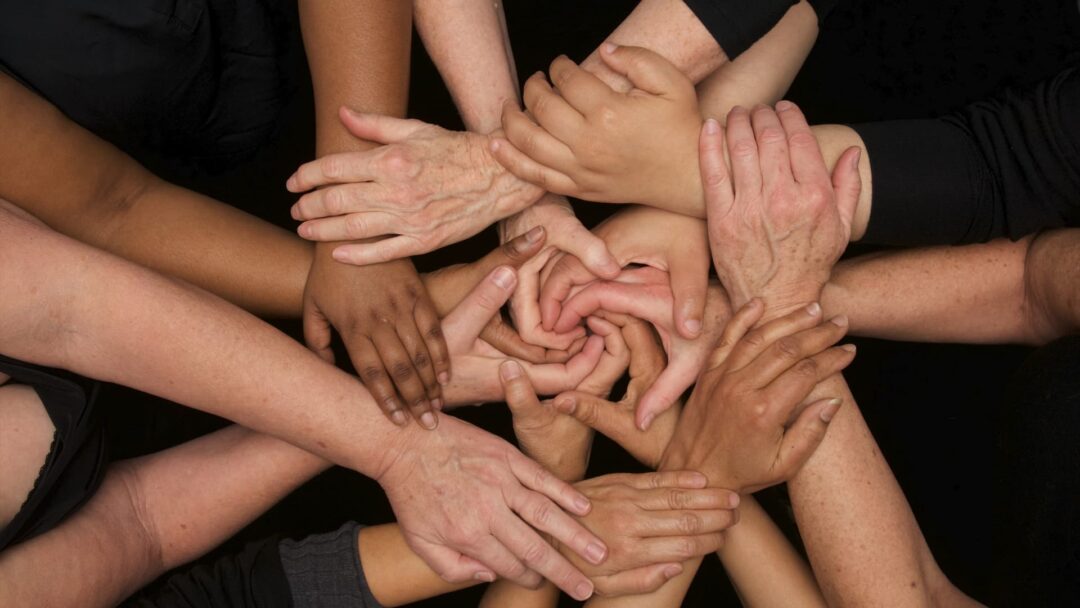
This inversion would not have allowed this child to starve to death, because policies push population growth rather than equality among children. It would not permit black children to be born with a tenth of less of the wealth of white children, a vestige of slavery. The inversion would have prevented the climate crisis, which was driven by our treating nature as a resource rather than as buffer between us and others, and unsustainable growth as a good thing. The inversion would mean we are not subjected to political systems so overcrowded that it is irrational to vote because we have so little impact.
The best reason persons would be obligated to follow laws is if their legal system intentionally includes, and reflects the will, of its constituents. That is what makes us free, and the inversion test determines whether we are being equitably empowered – or taking human rights and democracy seriously – and thus included, and thus freed. Refusal to empower people equitably means one is preconstituting (a “precon”), or refusing to constitute just communities. Free people will condition their political obligations on their capacity, as equals, to change those obligations.
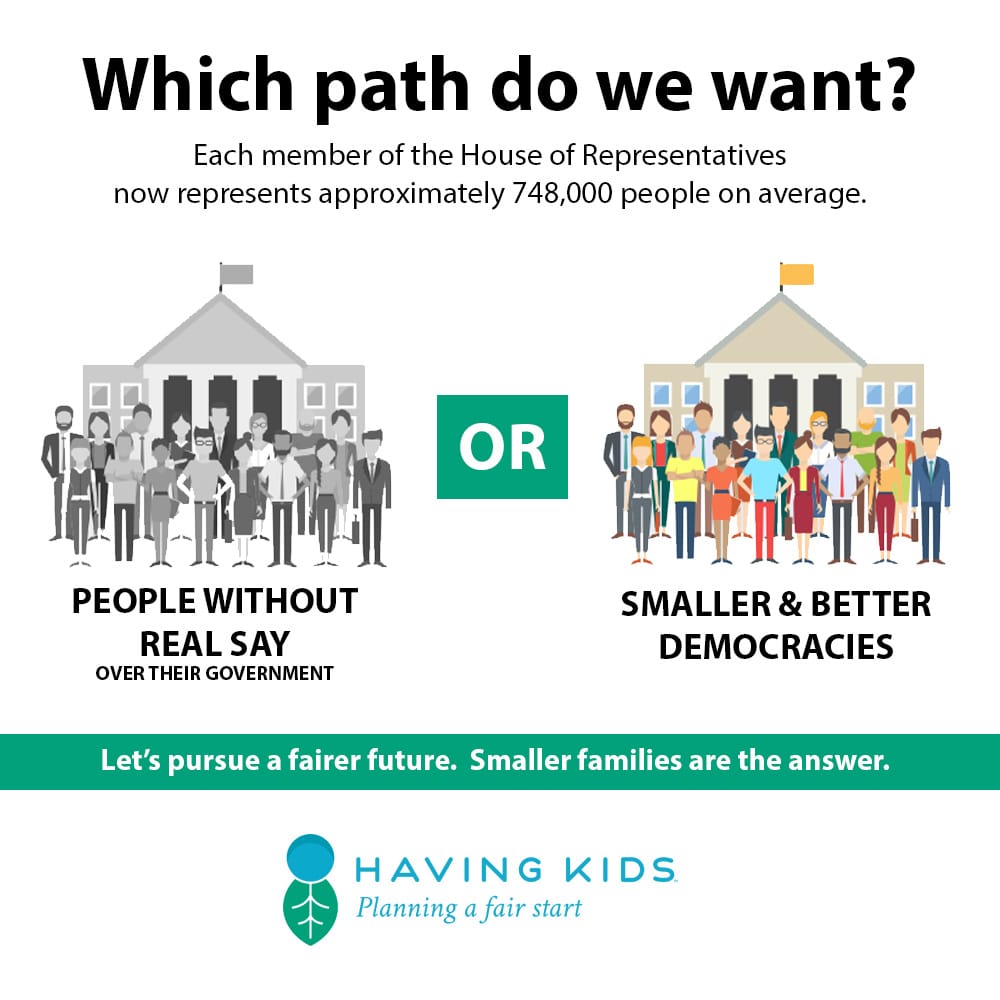
While nations are apt to go to war, perhaps a sea change in our political evolution comes when we use the inversion test to determine who is free, and who is preconstituting, and use discourse (or other means?) to solve this hidden conundrum – the one that lies at the first border of human power, our creation. There is a unity of values if we start justice at the very beginning, in our creation.
Take action:
- We change norms around procreation in part by modeling the behavior we wish to see. If you are planning to have a child model the inversion above – by giving or demanding resources consistent with child equity, being ready to parent, and choosing a more sustainable family – and publicize your story. Remember, Fair Start modeling precedes and overrides conflicting rules, which enables us to use it to constitute just communities by all mean effective.
- At a macro level, urge these key foundations to adopt the inversion as a matter of universal human rights. There is now an opportunity to reverse the trend of converting town hall relations into shopping mall relations, and freedom into wealth, and compensate those harmed. Governments should never have assigned property rights in derogation of the inversion, and our being/becoming groups of people capable of assessing such entitlements. There is a clear path from the inversion above towards consensual systems of government, and we can use tax reforms that bend the arc of growth towards justice, and towards populations that represent true, relative self-determination.
- Also at a macro level, urge anyone making a claims about what a policy should be to account for the actual people in their claim, for the actual power relations that are being fundamentally created by the claimant’s family planning norm. In many cases you will find that the person making the claim is misleading you, undoing the value they claim to be creating – like reducing climate emissions, and instead concentrating power in the hands of a few.

